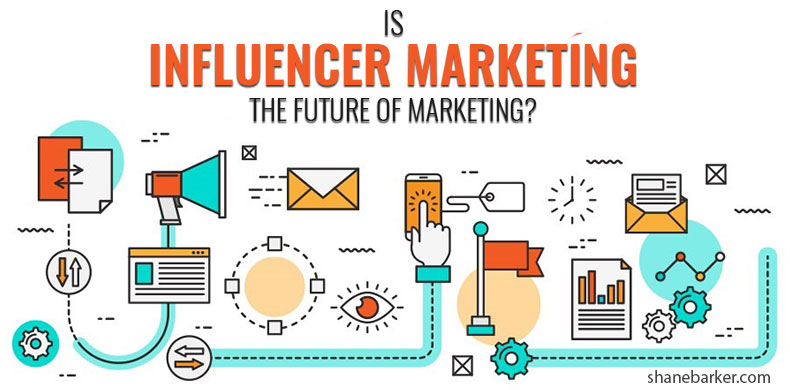Influencer Marketing
What is Influencer Marketing?
Definition:
Influencer Marketing is a strategic approach in digital marketing where brands collaborate with individuals who have a significant and engaged following on social media platforms to promote their products or services. Influencers, often experts or celebrities in specific niches, leverage their credibility, authenticity, and rapport with their audience to endorse brands and drive consumer engagement and purchasing decisions.
Analogy:
Think of Influencer Marketing as a recommendation from a trusted friend. Similar to how you might trust a friend’s opinion when they recommend a product or service, influencer marketing harnesses the influence and trust that influencers have built with their followers to endorse brands and influence consumer behavior.
Further Description:
Influencer Marketing encompasses various forms of collaboration between brands and influencers, including sponsored content, product placements, brand ambassadorships, and affiliate marketing partnerships. Influencers create authentic and engaging content featuring the brand’s products or services, which resonates with their audience and encourages them to take action, such as making a purchase or visiting a website.
Why is Influencer Marketing Important?
Influencer Marketing offers several advantages for brands seeking to connect with their target audience in an authentic and impactful way. It enables brands to reach a highly engaged and relevant audience, build brand awareness, credibility, and trust, and drive conversions and sales. Influencers’ ability to create personalized and relatable content fosters genuine connections with consumers, leading to increased brand loyalty and advocacy.
Examples and Usage:
- Social Media Collaborations: Brands collaborate with influencers to create sponsored content, including Instagram posts, YouTube videos, TikTok clips, and Twitter mentions, showcasing their products or services in an authentic and engaging manner.
- Product Launches and Promotions: Influencers play a crucial role in generating buzz and excitement around new product launches, special promotions, and exclusive offers, driving anticipation and demand among their followers.
- Brand Partnerships and Ambassadorships: Brands establish long-term partnerships and ambassadorships with influencers who align with their values, vision, and target audience, allowing for ongoing collaborations and brand advocacy.
- Affiliate Marketing Programs: Influencers promote brands’ products or services through affiliate marketing programs, earning commissions for every sale or referral generated through their unique affiliate links or discount codes.
Basically, Influencer Marketing is a strategic digital marketing approach where brands collaborate with individuals with significant social media followings to promote their products or services authentically and effectively.
For example, a cosmetics brand might partner with beauty influencers to showcase its latest makeup line through tutorials, reviews, and product demonstrations, leveraging the influencers’ expertise and influence to drive sales and brand awareness.
Key Takeaways:
- Influencer Marketing leverages the credibility, authenticity, and influence of individuals with significant social media followings to endorse brands and drive consumer engagement and purchasing decisions.
- It offers brands an opportunity to reach a highly engaged and relevant audience, build brand awareness and credibility, and drive conversions and sales.
- Influencers create personalized and relatable content that resonates with their followers, fostering genuine connections and increasing brand loyalty and advocacy.





